How to write SMART learning objectives in your LMS
Neo LMS
MARCH 29, 2022
In this article, we will explore the topic of SMART learning objectives in depth. From educational institutions to multinational organizations and training professionals, everyone seems to insist on their importance. Finally, SMART goals will help you continuously optimize and improve your teaching and assessment. .



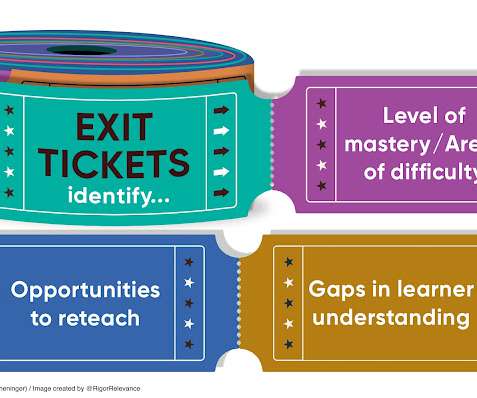
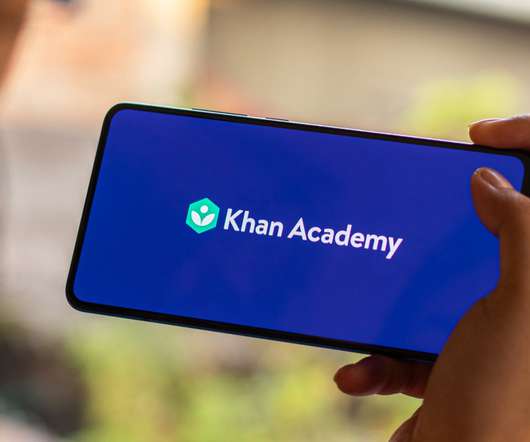



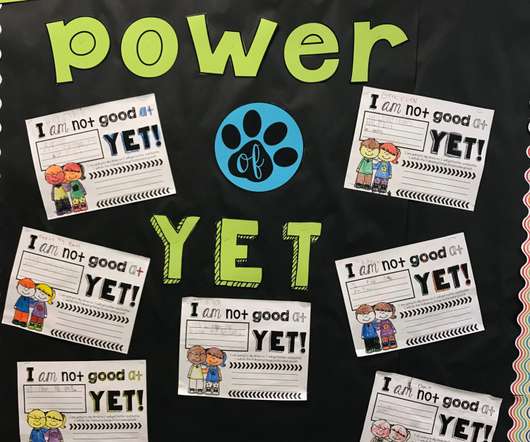
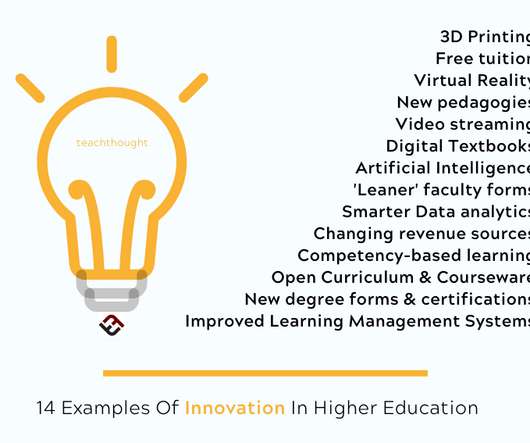

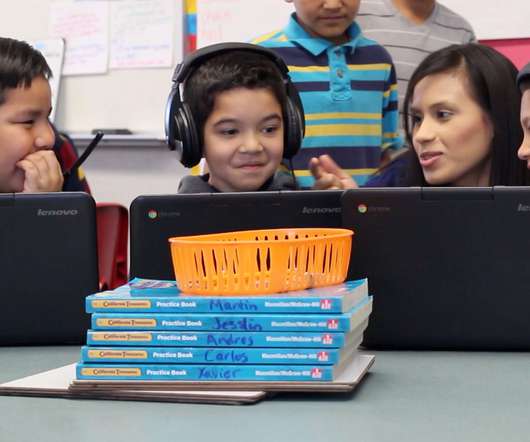
























Let's personalize your content